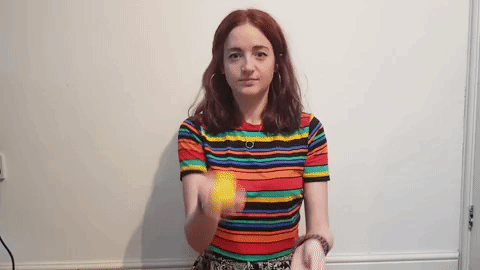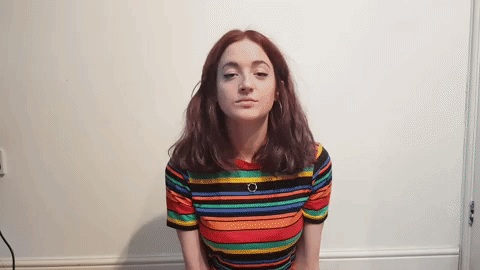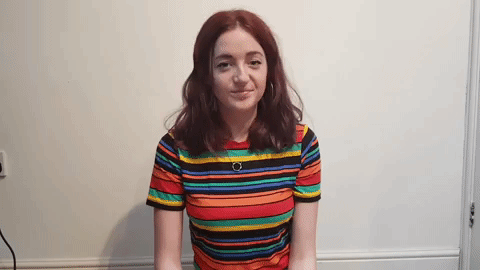top of page

Household top
HOUSEHOLD
Many of the chemicals found in our homes are used to make our lives easier. But we don't realise the consequences of using many of these substances. Whenever possible, use alternative non-toxic products that will curtail the destruction of the environment.
- The Share Guide
Green living extends beyond our eating habits and energy usage; it encompasses every aspect of our day to day routine. We use household products regularly to make life more convenient and to keep familiar environments clean. However these items are usually comprised of non-biodegradable plastics or contain harsh chemicals that can cause damage to the environment and, with extended exposure, can pose a threat to human health.
But green living doesn't have to be hard!
It might take a little more digging, but environmentally friendly products are out there. They are a lot safer, they are not tested on animals, and they greatly reduce your carbon footprint, also saving you money in the long run!
Clean Green Routine

CHEMICAL FREE ME with these tips below!
1. Eco cleaning products
By simply switching to greener cleaning products, you can feel comfortable knowing you are not exposing yourself and the environment to dangerous and toxic chemicals. Websites such as the Ethical Superstore offer a huge range of products that use natural ingredients and still produce great results. Supermarkets have also started to introduce such items into their stores, making them more accessible!
PIC Bio at home

2. Or make your own!

If you want to go the next step further, you can always get creative and make your own products cheaply and effectively. Mixing bicarbonate of soda and warm water makes a solution that works well as an all-purpose cleaner for your kitchen tops and shining metal appliances. Lemons can act as an antiseptic and its rind can polish up surfaces. Click here to find out more cleaning tips!
3. Washing up made friendly

An easy change you can make is swapping products such as washing up liquid. Ecover's washing up liquid is found in most supermarkets and does not contribute to environmental contamination. All Ecover's products are contained in recycled plastic bottles and uses clean, natural ingredients. You can also refill your Ecover bottle at certain health shops, which saves you money and also avoids the build up of more plastic!
4. Ditch plastic sponges

You probably haven't even thought about it, but disposable scrubbing pads and sponges are made of plastic and do not degrade. There are other options out there! The LoofCo washing up pad lasts between 3 to 12 months and is comprised of fibres formed from the processing of the tropical luffa fruit from the luffa plant. These fibres act as a scrubbing surface but do not scratch and are fully compostable.
5. Don't be rubbish
You may have cut out using plastic bags when you go shopping, but do you think about where your rubbish goes? Plastic bin bags are just as bad for the environment and are usually incinerated at landfill, producing high carbon emissions. Try biodegradable ones instead which are just as strong and good quality - just don't store them somewhere warm and damp. Granted, these are a little more pricey, but worth it for that peace of mind.

Image by BioBag
6. That's a wrap!

Image by Abeego
Other than using Tupperware containers, reusable food wraps are a good alternative to cling film or aluminium foil. You're looking at a large investment to begin with, around £15 for 3 pieces, but if taken care of properly, these can last for over a year. The wraps are made of organic cotton and are covered in tree resin, jojoba oil and beeswax, giving them antiseptic, anti-fungal and antibacterial properties. Click here to watch a great review!
7. Reuse everyday items

So many items are casually thrown away nowadays when they can easily be used again for another purpose! Whether it's changing a bucket into a plant pot, using an egg carton to grow fresh seedlings, or transforming a plastic bottle into a bird feeder, reducing our rate of consumption is the key to being more sustainable! Here, you'll find some quick tips!
bottom of page
